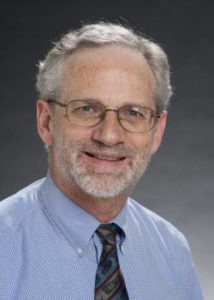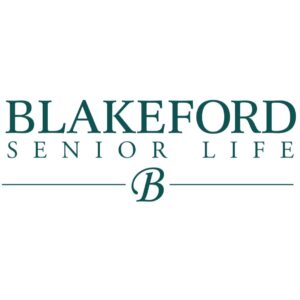Interdisciplinary field looks at aging as a risk factor for chronic disease
Aging itself is the major risk factor for most chronic diseases prevalent in the older population. That contention is the basis for the emerging interdisciplinary field of geroscience, explored in the latest issue of the National Academy on an Aging Society’s (NAAS) Public Policy & Aging Report (PP&AR). NAAS is a policy institute of the Gerontological Society of America (GSA).
“In recent years, researchers studying the biological underpinnings of the aging process have made impressive progress in understanding the genetics, biology and physiology of aging,” says GSA Executive Director and CEO James Appleby, RPh, MPH. “With adequate research support, we could be in reach of a breakthrough similar to those in public health in the 19th century and medicine in the 20th.”
The issue, titled “The Longevity Dividend: Geroscience Meets Geropolitics” [PDF], contains seven articles that discuss the contemporary pursuit of scientific means to extend the period of healthy life by slowing aging in people—known as the Longevity Dividend Initiative—and some of the obstacles that stand in the way. The following points are made:
- Rather than fighting diseases individually, scientists interested in lengthening the period of healthy life in humans should focus on finding ways to slow the biological processes of aging.
- Many childhood diseases were brought under control by antibiotics and vaccines once scientists understood they essentially had a single cause: microbes. If the diseases of late life also have a single cause (aging itself), then researchers should be able to develop classes of therapeutics by targeting aging mechanisms in a way similar to targeting microbial infection.
- Scientists may face difficulty in convincing skeptics that attacking aging is a viable and more efficient approach to reducing the risk of all fatal and disabling diseases and improving well-being across the life cycle.
- The Longevity Dividend Initiative is not focused on delaying aging at the expense of an extended period of infirmity at the end of life.
See other content by this author here.

Lois A. Bowers was senior editor of I Advance Senior Care / Long-Term Living from 2013-2015.
Related Articles
Topics: Clinical , Executive Leadership











